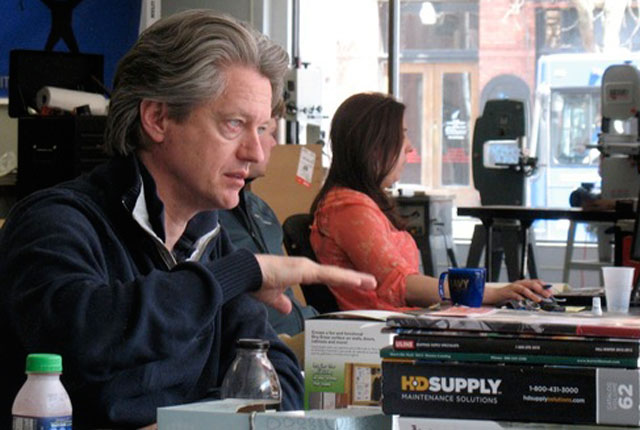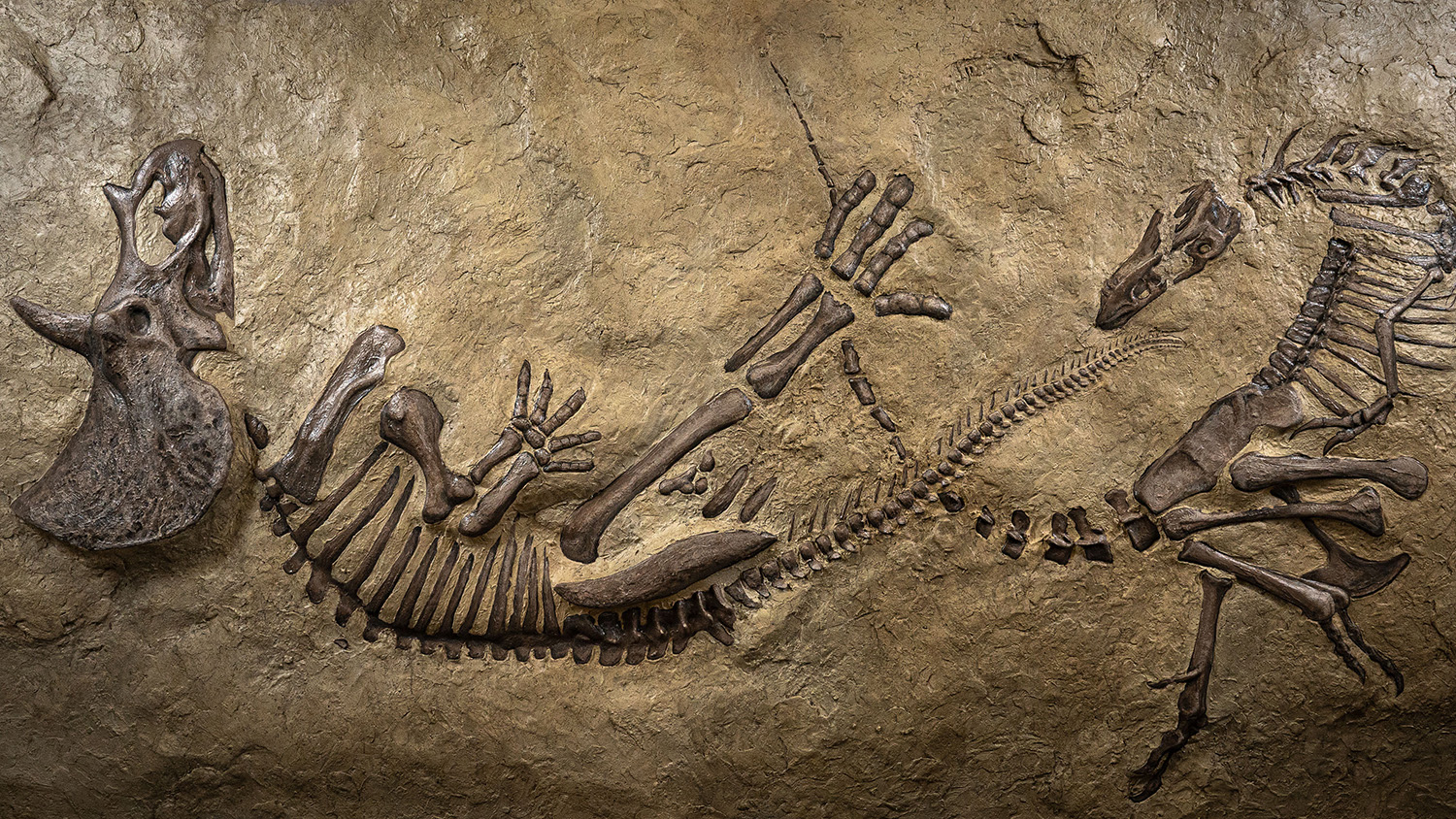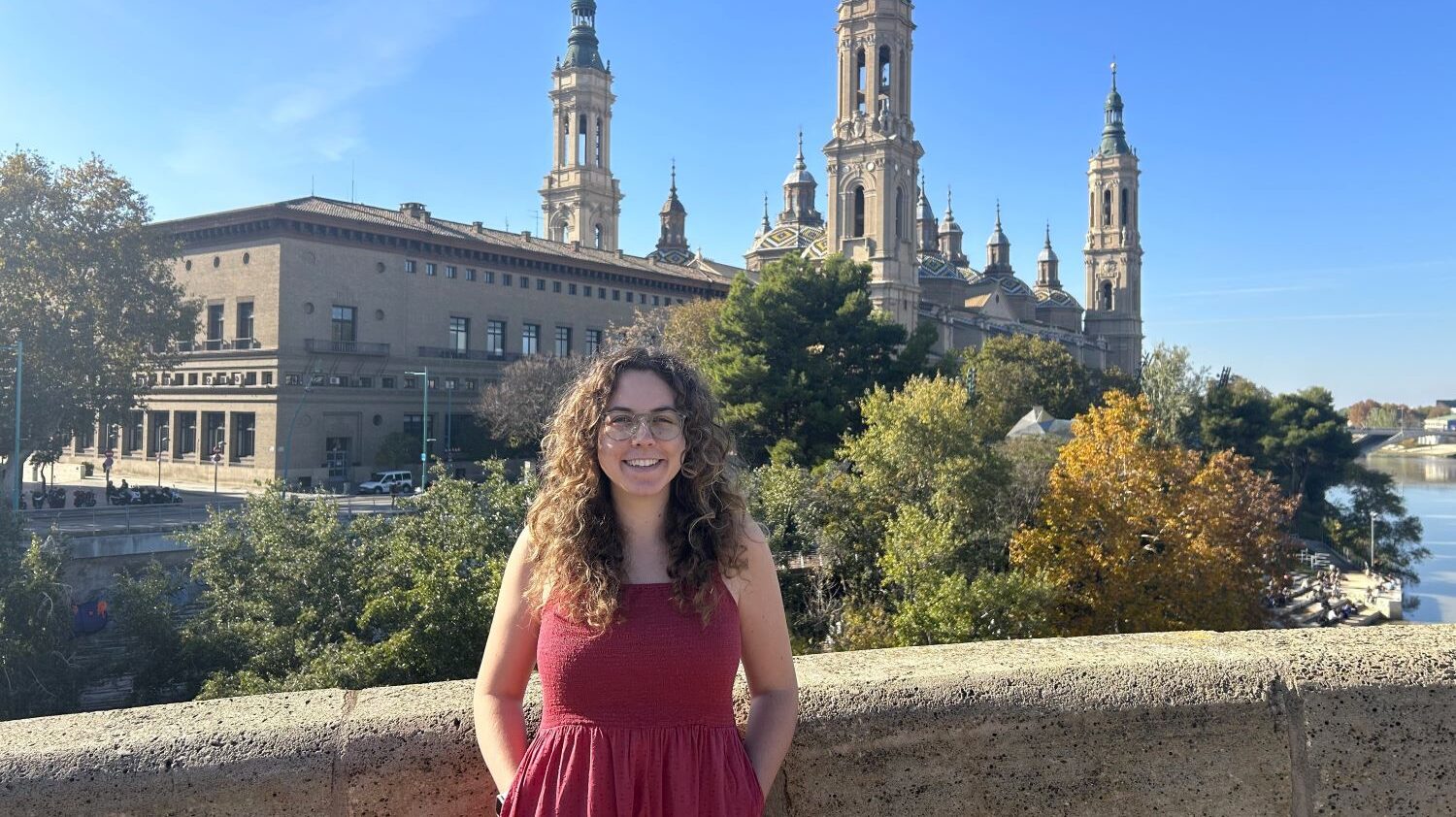Laban Coblentz: from the Amish to the Atomic Bomb


Is Iran developing nuclear weapons? Was the 2003 invasion of Iraq justified? Are future water wars unavoidable? Why are there still outbreaks of malaria and dengue fever in developing countries? Are climate change denials rooted in selfishness, ignorance or appropriate skepticism? And incidentally, when Descartes came up with “Cogito, ergo sum,” was he foreshadowing a left/right brain split in the Western psyche?
According to Laban Coblentz, these questions are linked when asked in the context of modern society’s dysfunctional relationship with technology. And he has some expertise in cognitive dissonance. After being raised in an Amish-Mennonite environment, Coblentz studied nuclear engineering. He worked with the nuclear weapons inspection teams in pre-war Iraq and Iran and in 1999, helped write the legislation that became The E-Government Act of 2002. He later served as communications adviser to Mohamed ElBaradei, the director general of the International Atomic Energy Agency, handling diplomatic and head-of-State interactions throughout Europe, Asia and the Middle East.
Laban Coblentz will visit NC State on October 17 – 18 as a guest of the College of Humanities and Social Sciences and its School of Public and International Affairs. He’ll give a public talk, “From the Amish to the Atomic Bomb: human society and the advancement of technology.” He’ll also meet with small groups of graduate and undergraduate students to discus careers in international service, guest lecture in a U.S. Foreign Policy class, and confer with faculty engaged in interdisciplinary science and technology policy.
“Laban Coblentz’s career serves as an interdisciplinary model for NC State students and faculty who are interested in combining science, technology, humanities, and social science experiences,” says Bill Boettcher, associate professor of political science, who is coordinating the visit.
Coblentz’s visit is funded in part by the CHASS Enhancement Fund and by the William R. Kenan, Jr., Institute for Engineering, Technology and Science.


